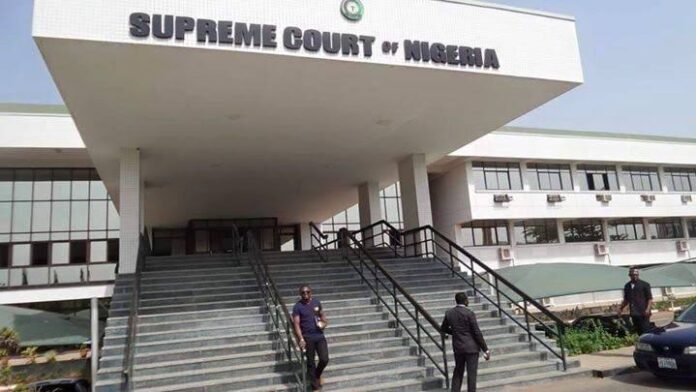The recent decision of the Seven man-panel of the Supreme Court, in the case of AG Federation v. 36 State Governors, may have sparked mixed reactions, bringing an end to the public debate of the Local Government financial autonomy status.
On the one side, it might be seen as victory for democracy, while State Governors and their agents may heavily frown having been aware of the looming political and financial implications embodied in the decision.
Although lots of doubt has been raised on the part of the capacity of Local Government Chairpersons as to managing resources and the impending political powers being usurped to them.
Issues of compliance and enforcement is also a thing of concern at this point , however the decision of the supreme court is incontestable binding on all parties concerned. Although concerns remain about potential resistance or challenges in implementing the ruling.
However, being the decision of a Court of policy and the apex court of the land, the law has now been set in motion with its compelling powers over and above the State Governors.
THE CLAUSE IN THE RULING
FINANCIAL AUTONOMY
The Supreme Court in its decision, ordered the Federal Government to no longer pay Local Government Councils through the State Joint Local Government Account, rather directly to Local Governments councils Account. This grants local government financial autonomy and prevents state governments from withholding, and meddling with Local Government funds.
CONSTITUTIONAL AMENDMENT
The Supreme Court’s decision challenges the position of Section 162 (6), which provides for; ” Each State shall maintain a special account to be called “State Joint Local Government Account” into which shall be paid all allocations to the Local Government Councils of the State from the Federation Account and from the Government of the State’. The court’s ruling with all intents and purposes contemplate devolution of power to Local Government Councils
END TO CARETAKER COMMITTEES
The Supreme Court, in its decision declared illegal the appointment of caretaker committees to manage local governments, emphasizing that only democratically elected chairpersons should control local government resources.
Critically, the ruling has sparked debate on its implications on federalism in Nigeria. Admittedly as it may, the position of the apex court will enhance true federalism, and promote socio-economic development at the grassroot.




